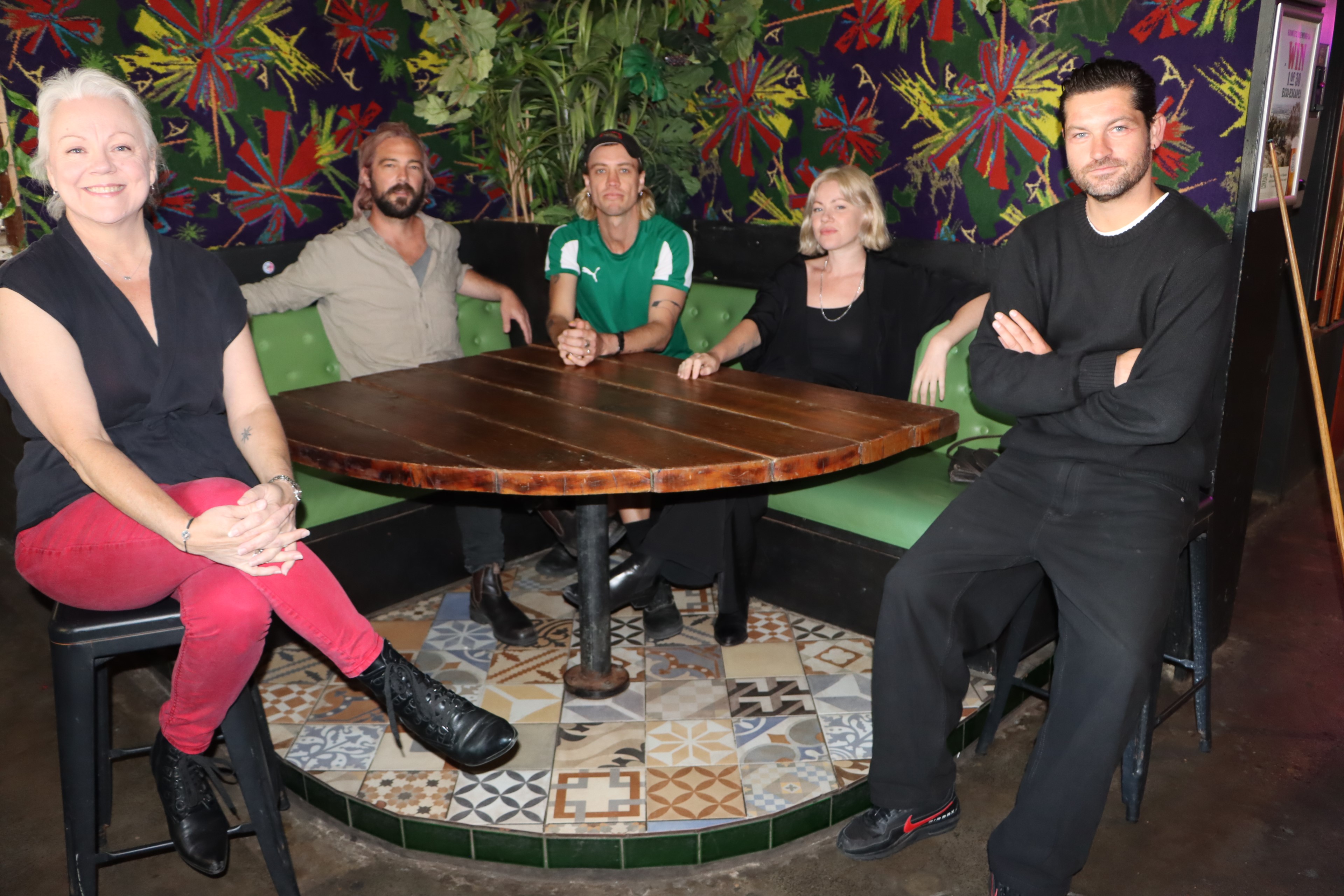A roaming music festival, contemporary dance party, and quarterly food, art and wine trails will attract more visitors into the city centre at night, increase spending at local businesses and showcase local creatives thanks to funding from City of Newcastle’s special business rate.
West Best Bloc Fest will return in 2023 to showcase more than 80 local music artists as one of 16 projects awarded a share of almost $800,000 through the City Centre and Darby Street Special Business Rate (SBR) funding program.

Many of the projects complement the vision of City of Newcastle’s Newcastle After Dark Strategy, which is helping to guide the development of a safe, vibrant night-time economy in the city centre.
Despite the economic downturn, Newcastle experienced the highest increase in night-time establishment growth across Australian cities during the past 12 months according to the Council of Capital City Lord Mayors’ Measuring the Australian Night Time Economy 2020-21 report.
Deputy Lord Mayor Declan Clausen said successful initiatives like City of Newcastle’s SBR funding program provided invaluable support for the city’s CBD business precincts and created vibrant, activated spaces for the community and visitors to enjoy.
“Newcastle’s night-time economy accounts for 13 per cent of its workforce, which is significantly higher than the national average,” Cr Clausen said.
“Supporting initiatives through SBR funding like West Best Bloc Fest are proven to not only attract a welcome influx of visitors into the city centre but also drive new and expanded economic opportunities for our local hospitality and arts & cultural sector.
“As highlighted in the Night Time Economy 2020-21 report, City of Newcastle has a track record of creating more vibrant, activated spaces at night through programs like Locally Made and Played, its interactive outdoor Night Time Galleries project and SBR program.”
On the back of delivering West Best Bloc Fest 2022 last month, organiser Dylan Oaks said the successful event would return in 2023 thanks to continued SBR support by City of Newcastle.
“Newcastle’s music scene is the healthiest I’ve seen it. We just delivered a sold-out event on 2 October showcasing 100 per cent Novocastrian talent,” Mr Oaks said.
“The SBR funding received for West Best Bloc Fest benefits multiple hospitality venues around our local West End block. This roaming event increases the vibrancy of the West End by engaging visitors in an interesting way, which leads to increased visitation in the area and spending in many of our city’s hospitality venues.”
Special Business Rates are collected from businesses in Newcastle City Centre / Darby Street, Hamilton, Mayfield, New Lambton and Wallsend for the promotion, beautification and development of those precincts.
Other successful projects under this round of City Centre and Darby Street funding include the mouth-watering return of Newcastle Food Month, Summer Shakespeare in Civic Park, West Walk food, art and wine trail, a month-long live painting festival and the highly popular Chalk the Walk 3D art trail.
A revised draft Special Business Rate (SBR) Expenditure Policy is currently on public exhibition until 5 December 2022.
Successful City Centre / Darby Street SBR projects include:
Voyage: A New Kind of Storytelling – a live music, spoken word and contemporary dance event that will form part of the 2023 Newcastle Writers Festival program delivered across two nights.
Newcastle Food Month – returning in April 2023, this month-long project promotes what makes Newcastle and the surrounding precincts a gastronomic playground.
UP&UP Street Art Workshops – will activate a city location for two days with a family-friendly event, for all ages and abilities, that celebrates street art.
Thriving Gardens – the project involves the installation of standalone smart gardening systems, fixed to shopfront facades throughout the City Centre and Darby Street.
West Walk – an exciting food, art and wine trail through Newcastle’s West. The trail is a progressive catered degustation to occur four times with live music and art exhibitions at independent galleries.
Sustainability Showcase Precinct on Darby Street will create a showcase ‘sustainability precinct’ reflecting a collaborative effort among restaurants and café operators and other shops.
EASLE’D – 100 artists will take to the streets of Newcastle’s CBD and Darby Street as part of a month-long live painting festival, including artists’ workshops, masterclasses, guided tours and an artists’ trail.
Story Spots – bite-sized animated videos that shine a light on the stories behind 12 unique businesses, precincts or events within the CBD and Darby Street zones.
Cultural Journeys – Women of the Hunter in Photography will share portraiture and stories of local women with the community, which will be displayed in conjunction with International Women’s Day 2023.
Taste of Australia with Hayden Quinn – Newcastle Edition – Channel 10 travel and food TV show will create a feature episode that focuses on Newcastle and the City / Darby Street precinct.
Newcastle Gin Event 2023 – will bring together gin distilleries, food vendors and entertainers with locals and visitors from around NSW for the appreciation of gin at the Newcastle Museum Park.
Darby Street Magazine – Newcastle Weekly will create a marketing campaign, promoting all things Darby Street, utilising print materials as well digital channels.
Summer Shakespeare in Civic Park – Whale Chorus will deliver a second season of outdoor Summer Shakespeare in Civic Park and bring an estimated 2000 visitors to the Newcastle CBD.
Chalk the Walk, Newcastle 2023 – 3D artwork trail in key City Centre and Darby Street outdoor locations.
West Best Bloc Fest – an annual block festival curated to showcase 80+ emerging and established local musicians spread across supporting venues around the local West End block.
Hunter Street Stride – a collection of up to 12 venues ranging from Bar Mellow in the West End to The Ship Inn in the East End will feature live music on a single Saturday.

